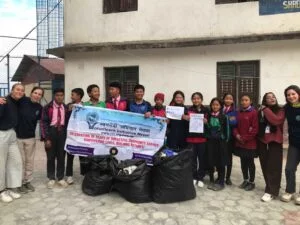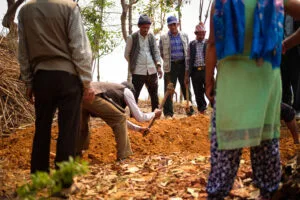Environmental Conservation and Biodiversity Protection in Nepal Volunteer Program
Deforestation, pollution, and climate change threaten the delicate balance of nature. By joining this project, you can help address these issues and create a sustainable future for Nepal.














